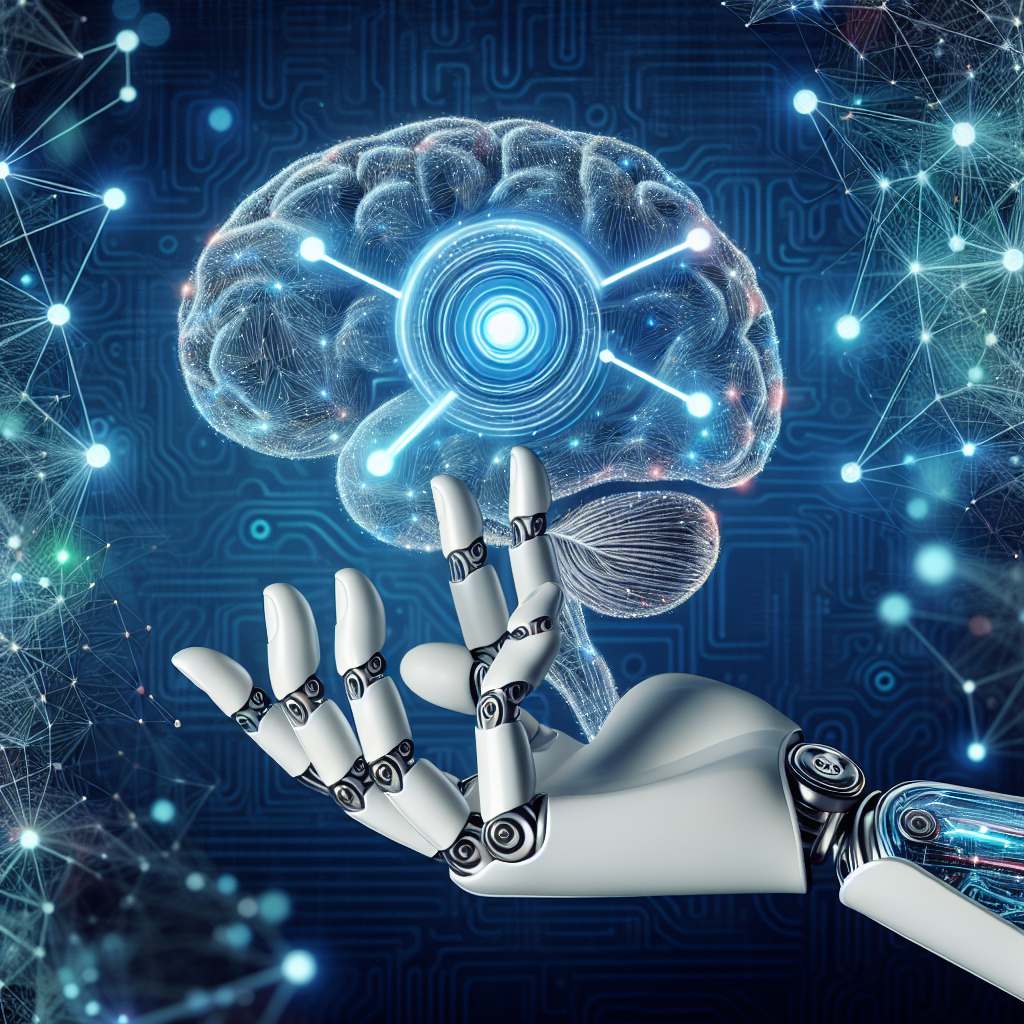The Role of AI Integration in Mental Health Support
In recent years, the field of mental health support has seen a significant shift towards the integration of artificial intelligence (AI) technology. AI has the potential to revolutionize the way mental health services are delivered, offering new opportunities for early intervention, personalized care, and improved outcomes. In this article, we will explore the role of AI integration in mental health support and its impact on individuals and healthcare providers.
What is AI Integration in Mental Health Support?
AI integration in mental health support refers to the incorporation of AI technology into mental health services, such as therapy, counseling, and assessment. AI systems can perform a wide range of functions, from analyzing speech patterns and facial expressions to providing personalized treatment recommendations based on individual needs and preferences.
One of the key advantages of AI integration in mental health support is its ability to provide real-time feedback and support to individuals in need. For example, AI-powered chatbots can engage with users in natural language conversations, offering emotional support, coping strategies, and resources for self-care. These chatbots can also monitor users’ mental health over time, detecting changes in mood or behavior that may indicate a need for intervention.
Another important application of AI in mental health support is the use of machine learning algorithms to analyze large datasets of clinical information and predict outcomes. By analyzing patterns in data from electronic health records, wearable devices, and other sources, AI systems can identify risk factors for mental health disorders, predict treatment response, and recommend personalized interventions.
Overall, AI integration in mental health support has the potential to improve access to care, enhance the quality of services, and reduce the burden on healthcare providers. By automating routine tasks, such as scheduling appointments and collecting patient information, AI systems can free up time for clinicians to focus on more complex and challenging cases. AI can also help to address disparities in mental health care by providing support to underserved populations, such as those in rural or low-income areas.
FAQs about AI Integration in Mental Health Support
Q: How does AI technology improve mental health support services?
A: AI technology can improve mental health support services in several ways, including by providing real-time feedback and support to individuals in need, analyzing large datasets of clinical information to predict outcomes, and automating routine tasks to free up time for clinicians.
Q: Can AI replace human therapists and counselors?
A: While AI technology can provide valuable support and assistance to individuals in need, it is not intended to replace human therapists and counselors. The human touch and empathetic connection that therapists provide are essential components of mental health care.
Q: Is AI integration in mental health support secure and confidential?
A: Yes, AI integration in mental health support is designed to prioritize the security and confidentiality of users’ personal information. AI systems are built with robust security measures to protect sensitive data and comply with privacy regulations.
Q: How can individuals access AI-powered mental health support services?
A: Individuals can access AI-powered mental health support services through a variety of channels, including mobile apps, websites, and telehealth platforms. These services may be offered by healthcare providers, employers, or mental health organizations.
Q: What are the potential challenges of AI integration in mental health support?
A: Some potential challenges of AI integration in mental health support include concerns about data privacy and security, the need for ongoing monitoring and evaluation of AI systems, and ensuring that AI technology is used ethically and responsibly.
In conclusion, AI integration in mental health support has the potential to transform the way mental health services are delivered, offering new opportunities for early intervention, personalized care, and improved outcomes. By harnessing the power of AI technology, we can enhance access to care, improve the quality of services, and support individuals in need more effectively. As the field of AI continues to evolve, we can expect to see even more innovative applications of AI in mental health support, helping to address the growing need for mental health services in our society.

